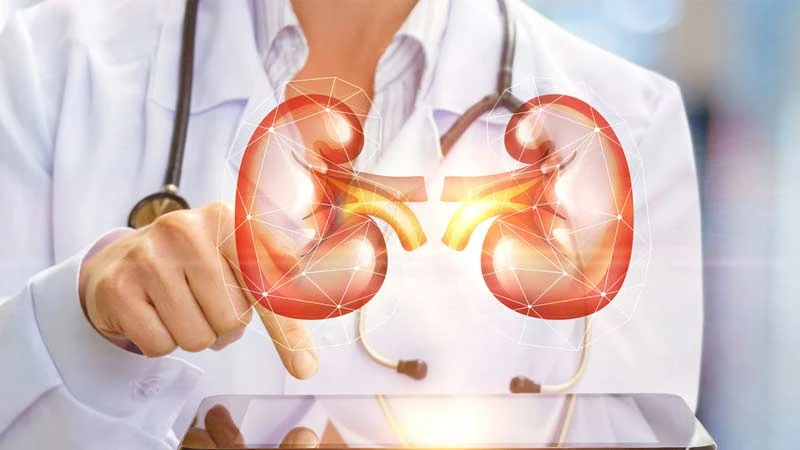Avicenna Hospital’s Department of Urology provides clinical services and new treatments for disorders of the urinary tract, including incontinence, Hypospadias, urinary or kidney stones, urological cancers, and infertility.
Multiple speciality-educated urologists who have further training in specific surgical methods contribute to the Urology department.
Urology Department Sections
Urology has sub-disciplines including Andrology, pediatric urology, female urology, neurourology, endourology, and Uro-oncology.
Uro-oncology
The urology unit performs nerve-sparing radical prostatectomy and radical cystectomy. In addition, urologic oncology procedures, like renal and testicular malignancies, are done. Some urologic cancer patients will be also treated in partnership with oncology and radiotherapy units.
Endourology
Endoscopic procedures for urinary system stones are conducted at this unit of urology.
Female urology
The urology unit diagnoses and treats diseases such as urinary incontinence and interstitial cystitis.
Pediatric Urology
Pediatric urology is concerned with congenital urinary system illnesses and their treatment in children, extending from intrauterine life through newborn infants and following periods.
Andrology
In collaboration with other medical departments, evaluation, testing, and treatment of erectile dysfunction and male infertility are evaluated.
Urological Examinations
In the case of urological disorders, the patient’s overall health is evaluated, and various tests may be performed for further investigation. The following are some examples of common tests in the urology department:
- MRI or CT scan
- Ultrasound
- Urodynamic test
- Urine test
- Blood test
- Biopsy
- Rectal examination
Treated Diseases
Urology is a medical speciality that focuses on the diagnosis and treatment of urinary tract illnesses in women, men, and children, as well as male reproductive systems. some of them are:
- Kidney diseases
- Urinary tract infections
- Kidney stone
- Prostatitis
- overactive bladder
- Urinary Incontinence
Types of Urinary Incontinence:
Urge Incontinence
The patient feels the urge to urinate. Hence, one cannot delay urination, and feel the urgent and frequent need to urinate constantly even when the bladder is not full. Also, it occurs several times an hour. It can be treated by bladder training.
Stress Incontinence
Due to the weakness of pelvic floor muscles, consequently, that any sudden stress or pressure on the abdomen area such as coughing, sneezing, or weight lifting, leads to immediate bladder compression and stimulates the urine flow unintentionally. It may be a result of pregnancy, childbirth, or weight gain.
Overflow incontinence
incompletely emptying the bladder, thus always remaining overflowed. As a result, it leads to continuous leakage of urine, because the flexor muscles are not working properly due to nerve defects.
Other types of Incontinence
includes Urethral incontinence that develops after a surgical procedure or a disease., or as a result of fistula development
Incontinence treatment
The treatment methods include certain bladder training for increasing your bladder control, for instance, KEGEL training which covers pelvic and bladder exercises. Or by taking several medications and hormones that can reduce many types of leakages. In some cases, the physician may suggest a surgical option.
Open Prostatectomy Surgery
A surgery that removes the entire prostate and the surrounding tissues as a treatment for men with prostate cancer or enlargement. It covers different techniques, such as:
Simple prostatectomy in prostate enlargement situations, in which the surgeon makes a small incision in the lower abdomen to remove the prostate.
Laparoscopic radical prostatectomy
- TURP technique
- Laser prostatectomy
- Laser transurethral prostatectomy
- Infertility
The urology department also includes Infertility treatment. Drug treatment: In some cases, after several laboratory tests for semen and sperm status, several medications after doctors’ confirmation.
Surgical therapies: in the case of treating varicocele, which accounts for a primary cause of reproductive problems.



